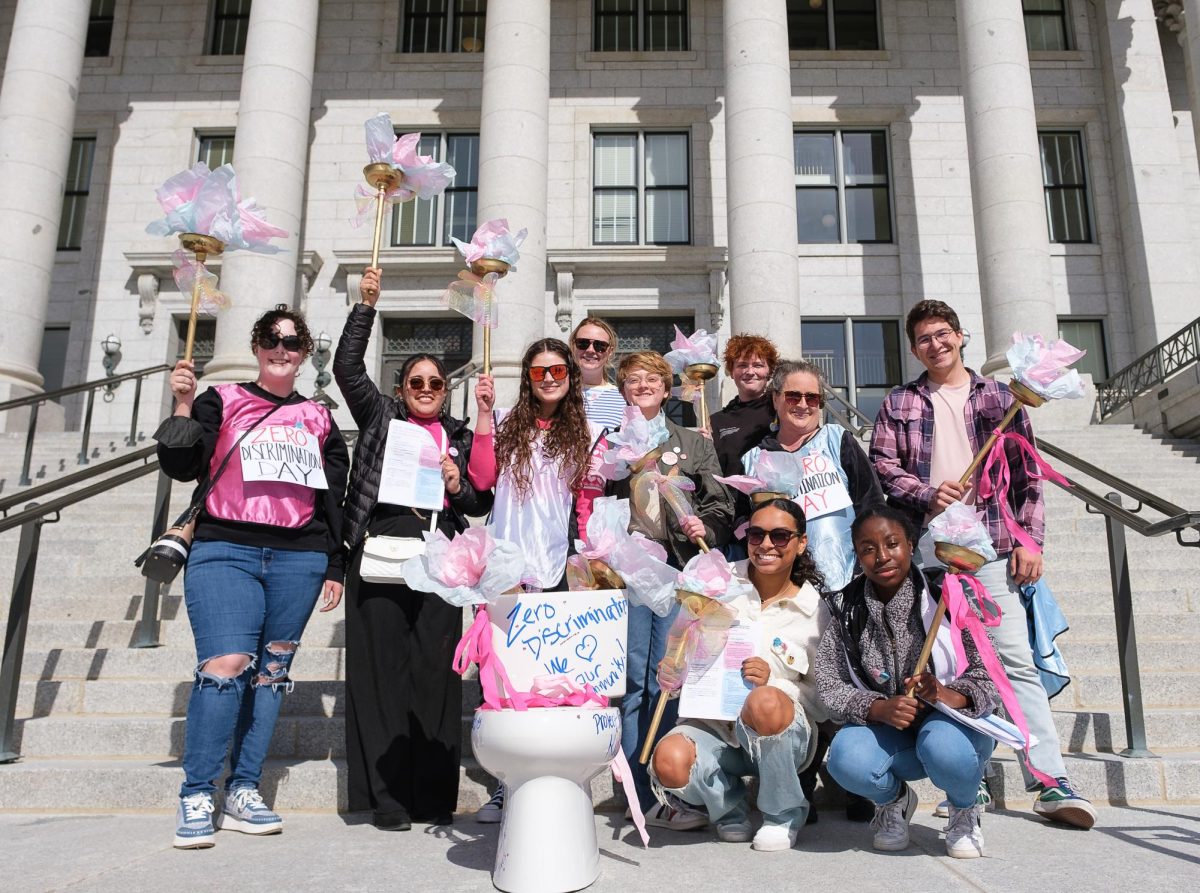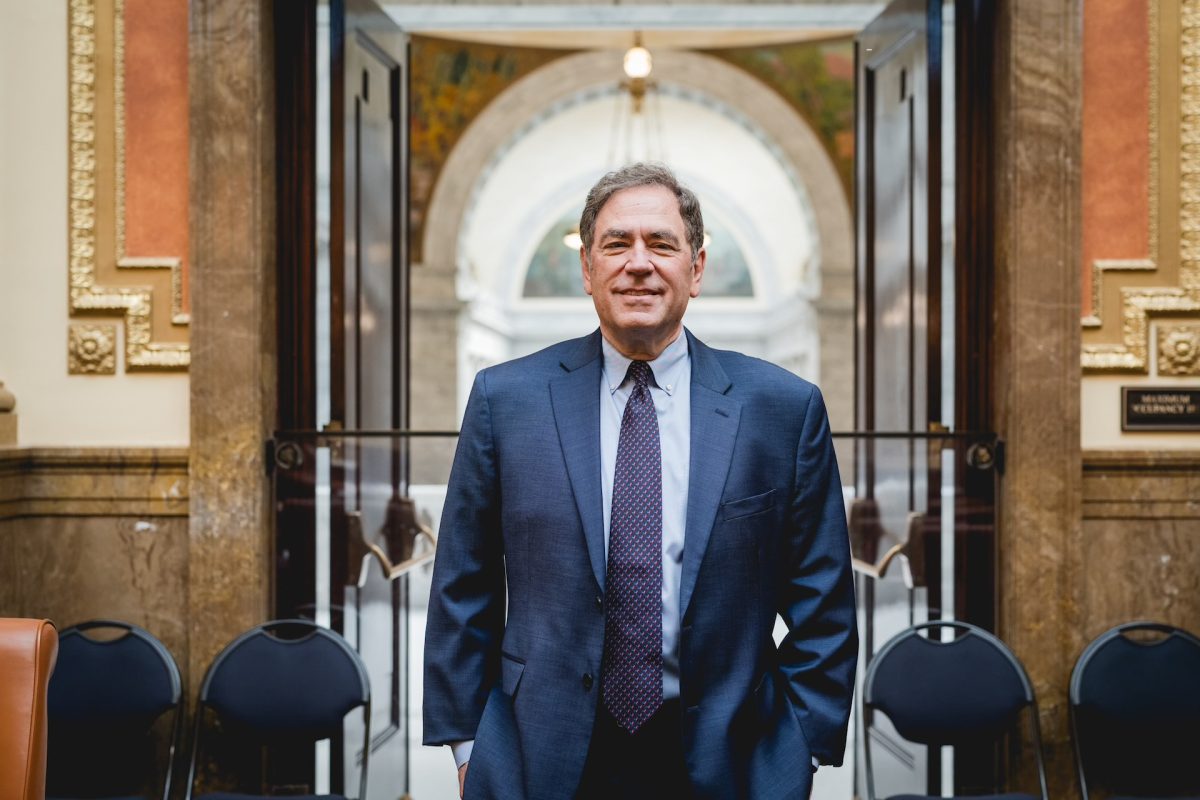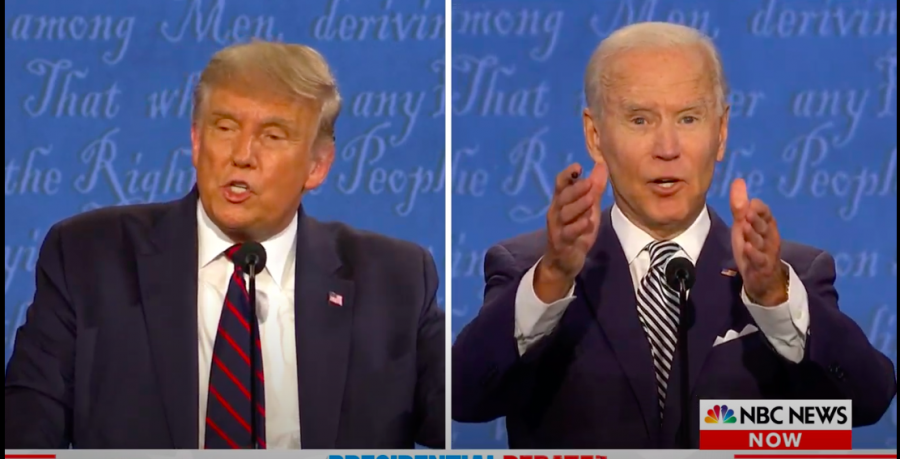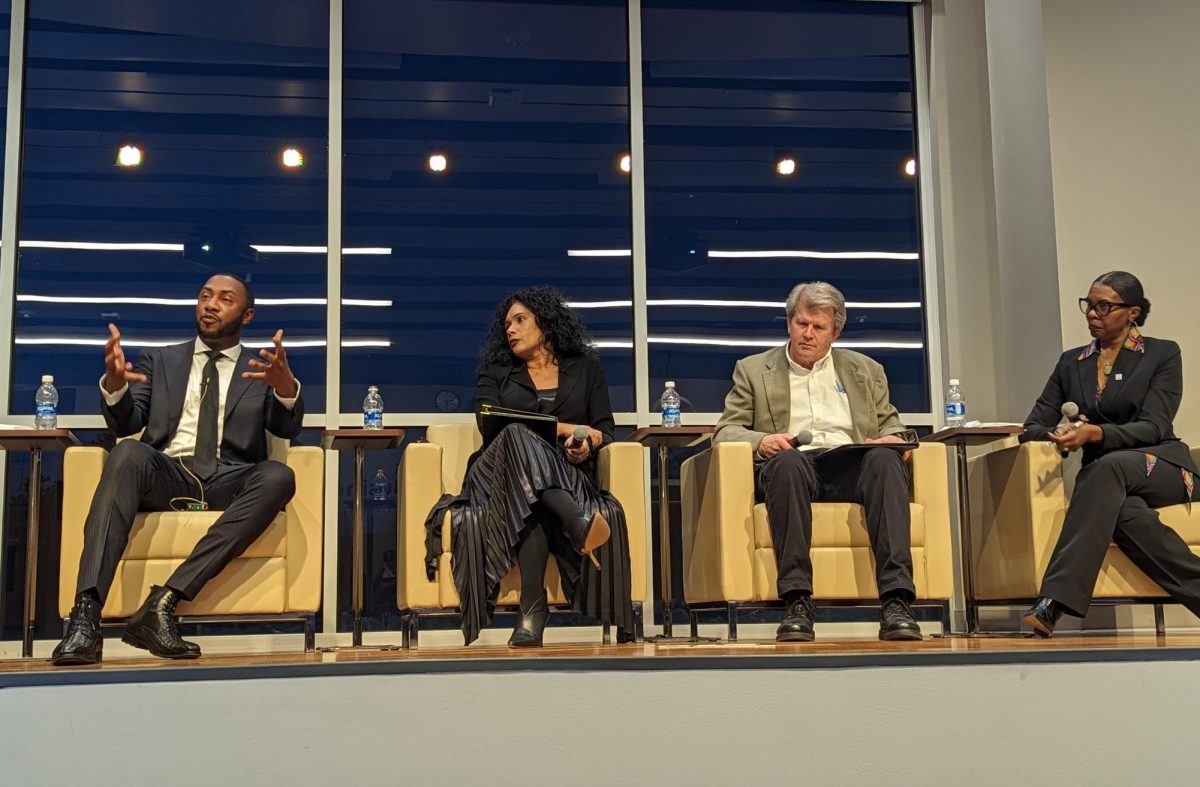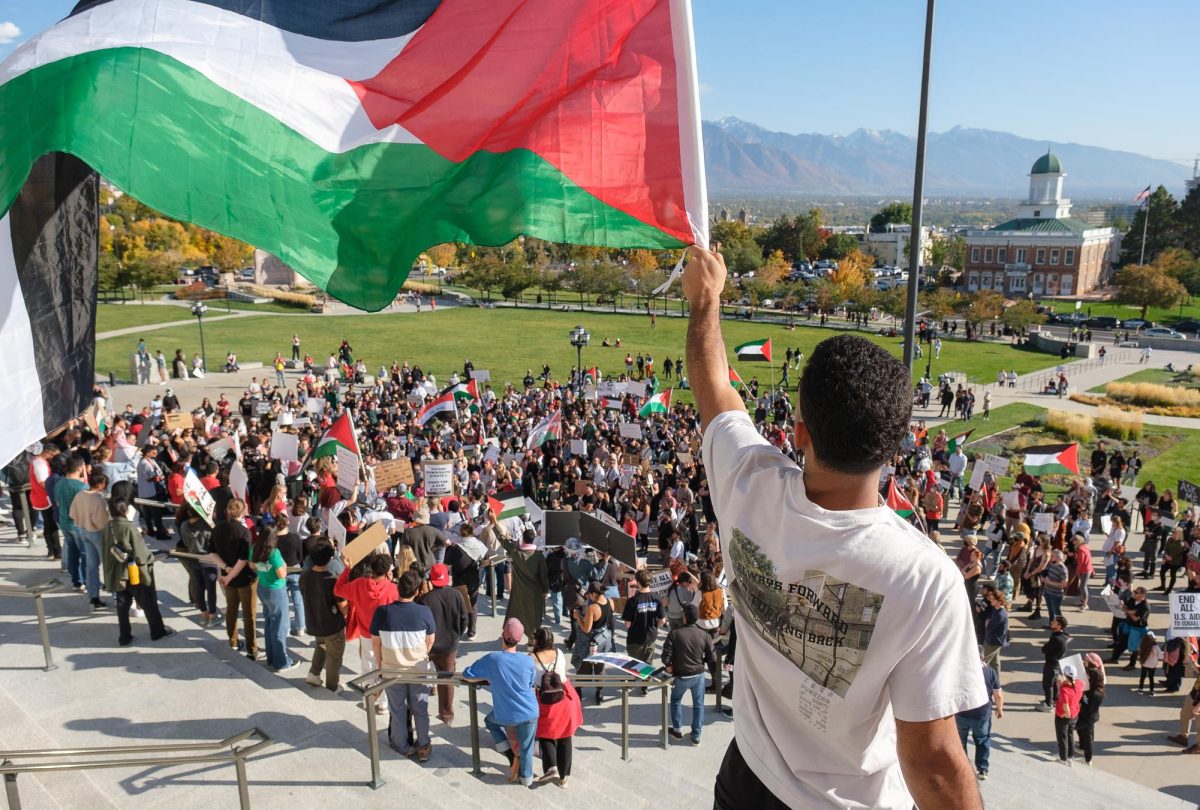
The Church of Jesus Christ of Latter-day Saints announced Tuesday its support for legislation that would provide statewide protection against housing and employment discrimination based on sexual orientation and gender identity, provided religious freedom remains protected.
The proposed legislation is Senate Bill 100, sponsored by State Senator Steve Urquhart (R-St. George). S.B. 100 would amend the state’s existing anti-discrimination laws to include sexual orientation and gender identity. But state-wide action has lingered in legislative limbo for years. Echoing its support for Salt Lake City’s 2009 anti-discrimination ordinance, the LDS church’s statement could provide a push for the legislation to pass.
According to a 2014 report from the UCLA School of Law Williams Institute on Sexual Orientation and Gender Identity Law and Public Policy, 53 percent of the state’s workforce is not covered by ordinances prohibiting sexual orientation or gender identity employment discrimination. It also found that 43 percent of LGBTQ+ respondents and 67 percent of transgender respondents reported being fired, denied jobs, facing wage inequity and other workplace discrimination.
Kent Frogley, chairman of Utah Pride Center said in a statement that the center applauds the LDS church and hopes “growing support from organizations, businesses and people of faith will finally make this nondiscrimination bill a reality.”
Salt Lake City mayor Ralph Becker said in a statement he lauds the LDS church for their support.
“It is beyond the time for these appropriate and fair protections to be a part of state law,” Becker said. “I urge our state lawmakers to follow the lead of church officials and work to get this legislation passed in the current session.”
Among the praise, there is also concern about what this support could mean. Brennan Jones, a senior in sociology and gender studies, said while he is glad the LDS church is supporting nondiscrimination ordinances, he took issue with the church’s qualification that such legislation should not impede religious beliefs.
“I’m very anxious to see what is interpreted as an infringement on those freedoms and how that interplays with the law,” Jones said.“There’s a fine line between religious freedoms and separation of church and state, and there are a lot of different interpretations with that.”
Sarah Wagner, a senior in political science, is a member of the LDS church and said she thinks the announcement is “perfectly reasonable.”
Wagner liked that the announcement spoke to other religious communities, such as the Catholic community, who have been targeted for speaking out against LGBTQ+ rights and “being punished for using their religious freedoms of speech.”
“I think it’s fair that the church said, ‘Yes, we need to protect the rights of the LGBT community, but we also need to protect our rights too,’ ” Wagner said.
Jones said he thinks many people confuse individual prejudices with institutionalized discrimination within social structures.
“We are trying to support the separation of church and state,” Jones said.
He thinks the announcement is a step forward, but the LDS church “may be putting themselves at a table where they don’t necessarily have a place.”
Wagner said she doesn’t see the announcement as having that big of an impact.
“They’re just basically saying, ‘Hey, we have the right to believe and express our beliefs and faith just as much as the LGBT community have the rights to live how and where they want,’ ” Wagner said.
If S.B. 100 is passed, it would be the latest victory for LGBTQ+ Utahns.
@Ehmannky








